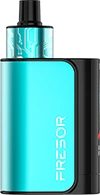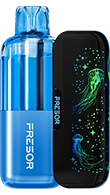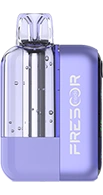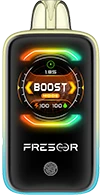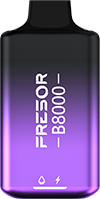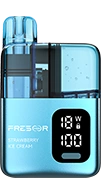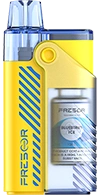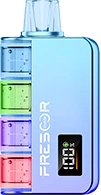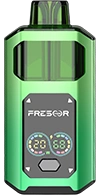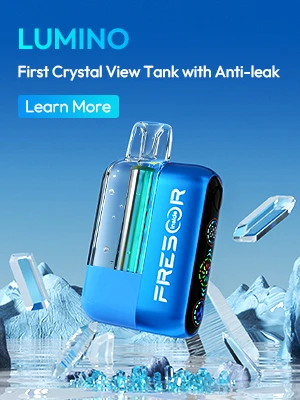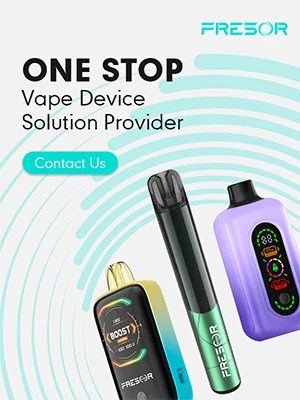Vaping Laws in Maryland: A Comprehensive Guide

14 May 2025

The state of Maryland recognizes cigarettes, cigars, pipe tobacco, electronic smoking devices, and liquids used in the devices as tobacco products. Thus, vapes also lie in the same categorization. On a national level, the United States is putting a crackdown on illegal vapes coming into the country. This is to protect the well-being of its citizens.
The federal government ordered the FDA to send warning letters to physical and online retailers who fail to comply with the updated laws and regulations regarding vapes and other electronic devices.
On a state-level basis, Maryland was initially non-aligned with the federal government on laws for the legal age of vape consumption. However, the state made some changes in its rules and regulations, which will be discussed below in detail.
Regulatory Landscape
The current regulatory landscape in Maryland for vapes is to prohibit the usage of electronic devices in young people, following a sharp incline in such users. Policymakers are alarmed, which can lead to stricter laws for vaping in the future.
As of July 1, 2024, Maryland restricts the use of vapes and other related electronic devices in all indoor public spaces. This was done to support the Clean Indoor Air Act, as stated by Chase Cook, Director at the Office of Communications.
Federal vs. State Regulations
The federal law states that anyone above the age of 18 can consume vapor products. However, there are some rules and regulations for retailers and manufacturers. For instance, manufacturers cannot sell closed devices like pods, vapes, and cartridges with flavors other than menthol or tobacco.
In the United States, the federal government has made it mandatory for manufacturers to obtain FDA approval on all vapor products before distributing them.
In Maryland State, the New Tobacco Sales Age Act (T21) put in place by October 1, 2019, states that you cannot sell electronic devices like pods, vapes, or e-cigarettes to people under the age of 21. This limit is partly different than the federal law for vaping purchase and consumption.
However, the same act allows an exemption for military personnel who are on active duty to consume vapes if they are aged 18 or above. They may be sold tobacco products if they provide a valid military ID.
Retailers are required to put up signage clearly stating that no person under the age of 21 may be sold tobacco products without military identification.
Key Regulatory Bodies
The Maryland Department of Health plays a major role in all the policymaking in the state. Analysis conducted by doctors on young adults was the reason why the minimum age of vape consumption was raised to 21 years in the Clean Indoor Air Act (more on that later).
Other key regulatory bodies in Maryland include the Comptroller of Maryland, which maintains all the taxes on vapes and other electronic devices. On July 1, 2024, according to Senate Bill 362, the sales or use tax on electronic smoking devices (ESDs) was increased from 12% to 20% of the taxable price.
Do You Need a License to Sell Vapes in Maryland?

All manufacturers, wholesalers, importers, and distributors of electronic smoking devices (ESDs) must obtain a license to operate in the state of Maryland. The application process is very easy, typically taking 3-5 minutes to fill.
Following Form 723A, the annual fee for manufacturers is set to $25, while it is $150 for wholesalers and importers. This was put into motion by the Alcohol, Tobacco, and Cannabis Commission (ATCC).
However, please note that the licensing fee may vary according to the county in which the vape retailer, manufacturer, or wholesaler is located. For instance, you need to pay a license fee of $125 in Montgomery County, $50 in Cecil County, and $25 in any other County. The initial application fee is $200, and the electronic nicotine delivery system license is $25, separately.
Age Restrictions and Sales Compliance
This portion will discuss the age restrictions and compliance on sales that are required in the state of Maryland.
Tobacco 21 Law
As discussed earlier, the Tobacco 21 Law (T21) raised the minimum age of using and buying vapes to 21. Retailers who are non-compliant with the signage restriction are bound to face fines.
Additionally, the valid documentation for tobacco purchases is a valid driver’s license or other government-issued ID. School IDs or employer IDs are not permitted.
Removal of Military Exemption
As of October 1, 2024, the military exception to buy tobacco products for those under the age of 21 is no longer valid. Thus, the state of Maryland is now aligned with the Federal 21 Law, which has zero exceptions for the purchase of vapes and other tobacco products under 21.
Retailers who are found to be non-compliant with the state tobacco laws will face $500 on the first offense. Furthermore, their license will be suspended for up to 90 days. The court will order the Executive Director of the Alcohol, Tobacco, and Cannabis Commission (ATCC) to proceed with this step.
Age Verification Requirements
As stated earlier, the Maryland Responsible Tobacco Retailer Program requires all retailers to confirm the age of buyers through a government-issued ID or a valid driver’s license. School and work IDs will not be accepted for purchase.
Product Placement and Advertising
The product placement and advertising details have already been discussed earlier but will be looked at in more detail below.
Product Display Restrictions
Retailers are required to put all the tobacco and electronic devices behind the counter in an area accessible only to licensed retailers and employees. This was stated in the recent Maryland Tobacco Modernization Act in October 2024.
Signage Requirements
You cannot put up signs stating “free samples of smokeless tobacco” or offer gifts with the purchase of such products. But there is an exception for shops that are located in an adult-only facility.
Clean Indoor Air Act Amendments
The Maryland Clean Indoor Air Act (CIAA) was first published and put in place in 2007. However, in 2024, it was amended to state that no smoking or vaping of tobacco, cannabis, or hemp-derived products is allowed in indoor areas open to the public. These include restaurants and bars. It also includes public meeting places and indoor places of employment.
Businesses with access to indoor areas must put public displays of “No Smoking or Vaping” signages where they are easily visible. To facilitate this change, the Maryland Department of Health has distributed informational and promotional materials to more than 10,000 businesses across the state.
Enforcement and Penalties
According to the CIAA, any seller found guilty of a misdemeanor of selling tobacco products without a license is convictable. The fines are $300 for the first violation, $1000 for the second violation, and $3000 for subsequent violations. There is no jail time for sellers, but businesses and manufacturers can face it, depending on their trial with the court.
If you want to be safe from fines, it is better to fill out the forms available to allow the proper licensing process to begin. As a reminder, a wholesaler distributor or importer would be a fee of $150, while a manufacturer would be paid $25 (excluding initial application fees).
Once the form is submitted, you are required to face a formal inspection from the ATCC within 2-3 weeks of the initiation of the application.
Recent Developments
There are some recent developments regarding the vape business and industry in the state of Maryland that you should know.
FDA v. Wages and White Lion Investments
In 2009, the Food and Drug Administration (FDA) told manufacturers that new tobacco products, including e-cigarettes, needed their approval. At this instant, they assured manufacturers that they did not need long-term studies and could work with existing research to approve their products.
However, in 2020, the FDA changed its stance by denying Triton and Vapetasia their approval to sell their flavored nicotine liquids on the grounds of not having long-term research.
Since Triton (or Wages and White Lion Investments) was working with the original guidelines, they challenged this decision from the FDA in court. The Supreme Court heard this case in December 2024; however, a clear verdict is still pending.
National Initiatives
As of November 2024, many D.C.-area schools are now installing vape detectors to limit young people’s access to tobacco products. This change is seen due to the recent national movement to keep young people away from e-cigarettes and other related products.
Conclusion
Maryland has featured a lot of stricter laws in recent years to ensure that young Marylanders are not consuming vape products through illegal means. They are also in cooperation with local businesses to work on signage and product displays that prevent the spread of the use of electronic devices.
Having said that, Trump’s reelection can see a bit more changes to the vaping industry. This can result in yet another misalignment of Maryland with federal laws, as predicted by experts.
Featured Articles
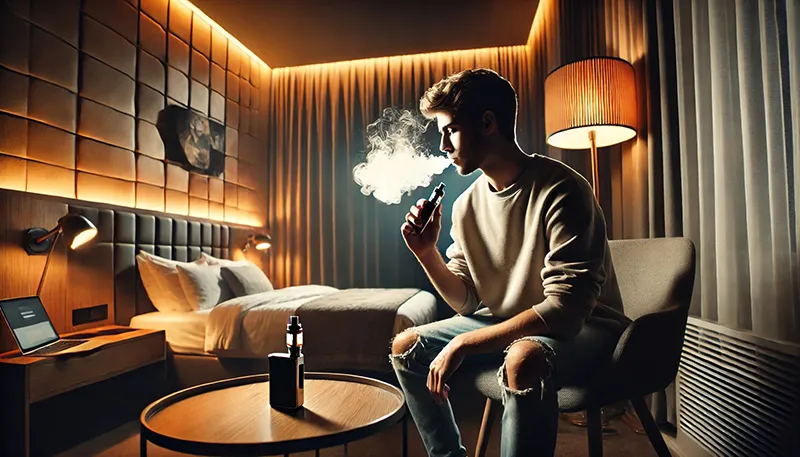
Can You Vape in a Hotel Room? A Guide for Travelers, Vapers, and Hoteliers
2024-09-19

Vape Legal and Regulatory Weekly Report - September 14, 2024
2024-09-14
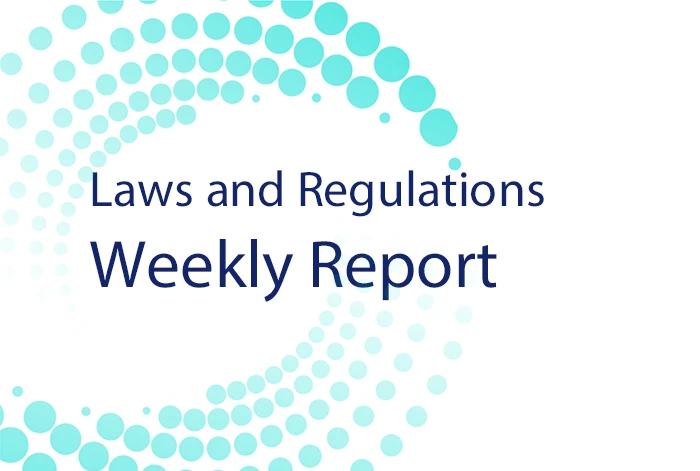
Vape Legal and Regulatory Weekly Report - September 9, 2024
2024-09-09

Vape Legal and Regulatory Weekly Report - September 2, 2024
2024-09-02
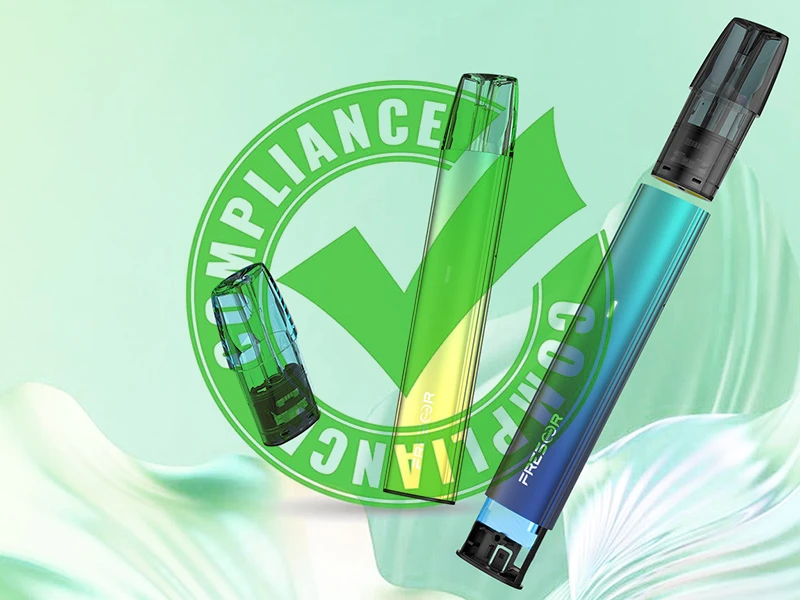
Vaping Laws in Germany: An Update on What You Need to Know
2024-08-12

